The hospitality industry is always seeking new ways to enhance guest experiences and improve operational efficiency. One such revolutionary tool transforming the landscape is artificial intelligence (AI). In recent years, hotel AI booking systems have emerged as a game-changer, enabling hotels to streamline their processes, increase revenue, and provide superior guest services.
AI-powered booking systems are no longer just a futuristic concept—they’re being used by hotels worldwide to deliver seamless booking experiences, manage real-time pricing, and even offer personalized recommendations. By using AI, hotels can deliver better service while also improving their bottom line.
In this article, we’ll dive into hotel AI booking systems case studies, showcasing how different hotels have implemented AI technology to improve their operations, reduce costs, and offer customized experiences for their guests. By the end, you’ll see why AI is not just a buzzword in hospitality but a practical tool that’s already delivering incredible results.
The Rise of AI in Hotel Booking Systems
Before diving into the case studies, it’s essential to understand how AI is reshaping hotel booking systems. AI tools are integrated into booking engines to enhance the booking process in multiple ways—from improving customer service to boosting revenue management strategies.
Key Benefits of AI Booking Systems
-
24/7 Availability: Traditional booking systems often depend on human agents available only during working hours. AI ensures that booking processes and guest interactions are available around the clock. This means guests can book rooms or ask questions at any time, even when the hotel staff is not available.
-
Personalized Guest Experience: AI systems can analyze vast amounts of data, such as guest preferences, previous bookings, and behaviors, to offer tailored experiences. For example, AI might recommend room upgrades, special offers, or even local experiences based on the guest’s preferences.
-
Revenue Optimization: AI-powered systems can automatically adjust room prices based on demand, seasonality, local events, and competitor pricing. This allows hotels to optimize room rates dynamically, ensuring they’re maximizing revenue at all times.
-
Efficiency and Automation: From booking confirmations to check-ins and check-outs, AI can automate several administrative tasks, freeing up human staff to focus on more important customer service aspects.
Real-World Hotel AI Booking Systems Case Studies
Now that we’ve covered the basics, let’s look at some hotel AI booking systems case studies to see how AI is actually being implemented in the real world.
1. AI for Seamless 24/7 Reservations
A small boutique hotel decided to integrate an AI-powered Voice Assistant into their booking process. This voice AI system allows guests to call in and book a room at any time of day or night. The system checks room availability, confirms prices, and completes the booking process entirely through voice interactions.
Case Study Example:
A guest calls at 1 AM looking for a room. The AI assistant checks availability, confirms the price, and books the room—all without human intervention. The guest receives a booking confirmation within minutes, ensuring that the hotel doesn’t miss out on late-night bookings.
Benefit: The integration of the Voice AI system allows the hotel to provide seamless service during off-hours, ensuring they never miss a potential booking.
2. Personalized Guest Services Using AI
A high-end luxury hotel chain integrated AI-driven chatbots on their website and mobile app to enhance customer service. These chatbots not only answer frequently asked questions but also provide personalized recommendations based on previous guest behavior and preferences.
For example, if a guest has previously requested spa services, the AI chatbot might proactively suggest a spa package during their next visit, or if a guest booked a room with a sea view last time, the chatbot might offer the same type of room as an upgrade.
Case Study Example:
A guest arrives at the hotel’s website and the AI chatbot asks if they need assistance. Based on their past stay, it suggests an upgrade to a premium room and offers a 10% discount on the hotel’s spa services. The chatbot even asks the guest if they want to book a table at a popular restaurant nearby.
Benefit: The AI system provides tailored, personalized suggestions, making guests feel valued and enhancing their overall experience, which can lead to increased loyalty and repeat business.
3. AI-Powered Revenue Management
One of the most impressive ways AI is transforming hotel booking systems is through dynamic pricing. A major city hotel implemented an AI-driven Revenue Management System (RMS), which integrates directly with their booking engine and Property Management System (PMS).
This AI system tracks local events, weather patterns, booking trends, and competitor pricing to adjust room rates in real-time. For example, if there’s a major sports event or concert in town, the AI system will automatically raise room rates due to increased demand. On the other hand, during quieter times, it can lower rates to attract more bookings.
Case Study Example:
During a major international conference in the city, the AI system increases room prices based on high demand. During a quieter week with fewer local events, the AI reduces prices and sends targeted email promotions to previous guests to encourage bookings.
Benefit: This dynamic pricing ensures that the hotel is always optimizing its rates to maximize revenue, regardless of market conditions.
4. AI for Group Booking Automation
A large resort with frequent group bookings (for conferences, weddings, and other events) adopted an AI-powered group booking system to streamline operations. Group bookings often require additional coordination, such as assigning rooms, arranging transportation, and catering for large numbers of people. The AI system automates these tasks, making the entire process more efficient.
Case Study Example:
A company books 100 rooms for a conference. The AI system automatically assigns rooms based on guest preferences, handles transportation bookings, and even ensures that catering services are scheduled for the right number of guests. This automation reduces the administrative burden on hotel staff.
Benefit: The AI system drastically reduces the time and effort required to manage group bookings, ensuring smoother operations and a better guest experience.
5. Multilingual AI Chatbots for Global Guests
For hotels that cater to international travelers, multilingual AI chatbots can be incredibly beneficial. These chatbots can assist guests in their native languages, answering booking-related questions, providing recommendations, and even taking reservations.
Case Study Example:
A guest from Germany visits a hotel website and is greeted by the chatbot in German. The guest inquires about room availability and makes a reservation—all without ever needing to speak to a hotel staff member.
Benefit: The multilingual chatbot expands the hotel’s global reach and makes it easier for non-native speakers to book a room or get help, improving accessibility and overall satisfaction.
Tools for Implementing Hotel AI Booking Systems
If you’re considering implementing AI in your hotel’s booking system, here’s a quick overview of some commonly used AI tools:
| Tool | Function | Benefit |
|---|---|---|
| Voice AI Assistants | Handle bookings and guest inquiries via phone | 24/7 availability, efficient bookings |
| AI Chatbots | Provide instant answers, recommendations, and services via text | Personalized guest experience, reduces staff workload |
| Revenue Management Software | Adjusts pricing dynamically based on demand | Maximizes revenue, ensures competitive pricing |
| Multilingual Chatbots | Assist guests in multiple languages | Expands guest base, improves communication |
These tools can automate key functions in your hotel, enhancing guest satisfaction while optimizing your operational efficiency.
Conclusion: The Future of Hotel AI Booking Systems
The hotel AI booking systems case studies discussed in this article clearly demonstrate the transformative impact of AI on the hospitality industry. From automating reservations to optimizing pricing strategies and delivering personalized services, AI is helping hotels operate more efficiently and provide better guest experiences.
AI isn’t just a trend—it’s the future of hospitality. By adopting AI-powered booking systems, hotels can stay ahead of the competition, improve revenue, and ensure that every guest has a memorable experience.
Call to Action
If you’re ready to improve your hotel’s booking system and enhance guest satisfaction, consider exploring AI-powered solutions. Start by researching the latest AI tools and see how they can benefit your hotel.
FAQs
How do hotel AI booking systems improve guest experience?
AI booking systems provide personalized recommendations, streamline booking processes, and offer 24/7 customer support, enhancing the overall guest experience.
What are the main benefits of using AI in hotel revenue management?
AI optimizes pricing in real-time based on demand, seasonality, and competitor rates, helping hotels maximize revenue and occupancy rates.
Can AI booking systems handle multilingual guests?
Yes, many AI booking systems come with multilingual chatbots that assist guests in various languages, making the booking process more accessible for international travelers.
How do AI booking systems reduce administrative workload in hotels?
AI automates routine tasks like bookings, cancellations, and inquiries, freeing up staff to focus on higher-level customer service and operational tasks.
What types of hotels can benefit from AI booking systems?
Hotels of all sizes, from small boutique properties to large resorts, can benefit from AI booking systems by improving efficiency, personalization, and revenue management.

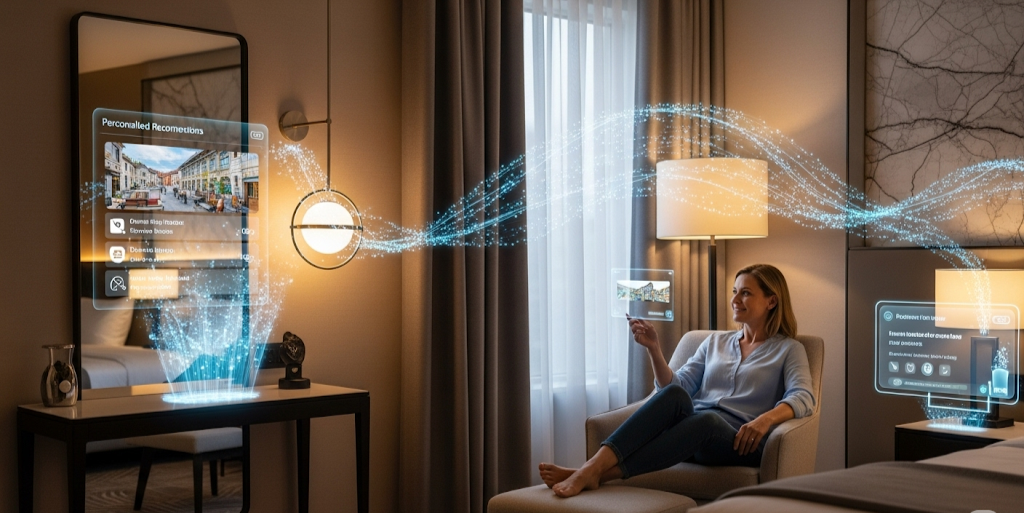
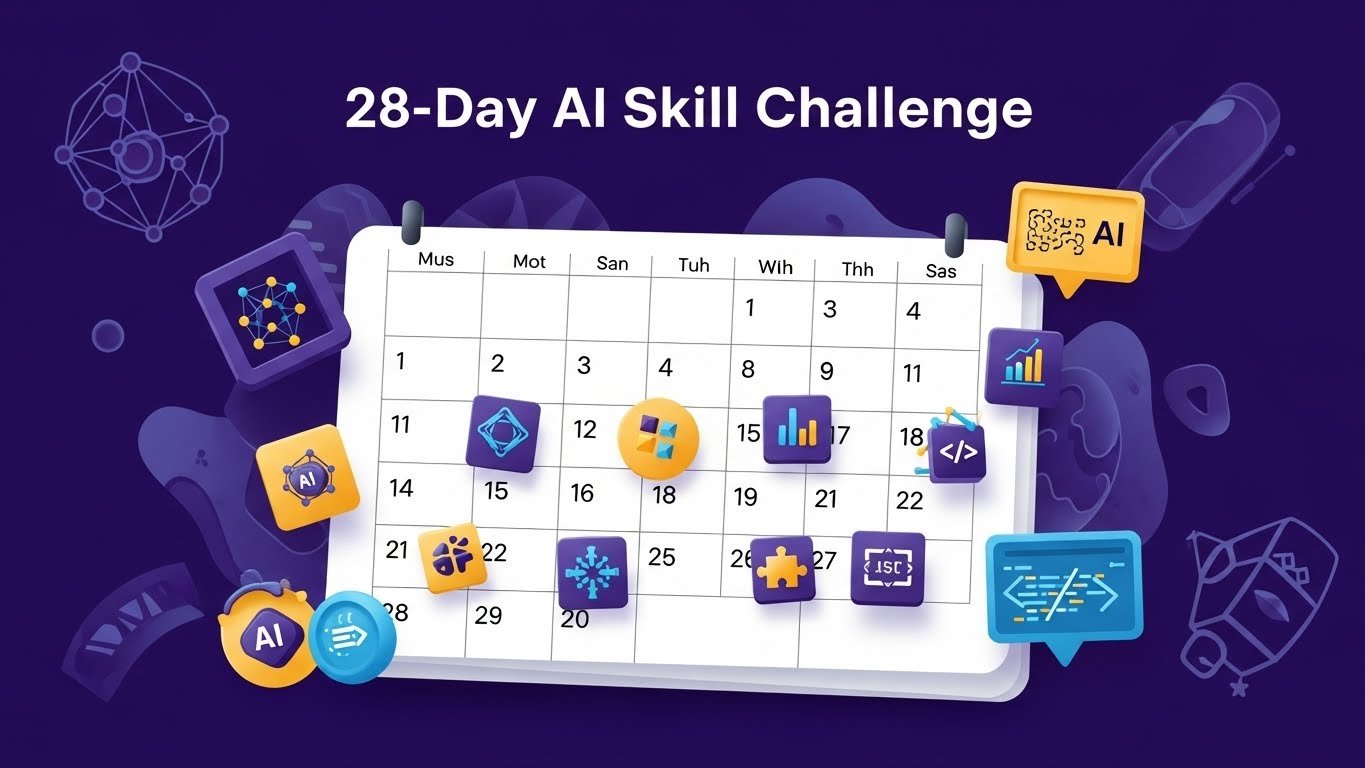
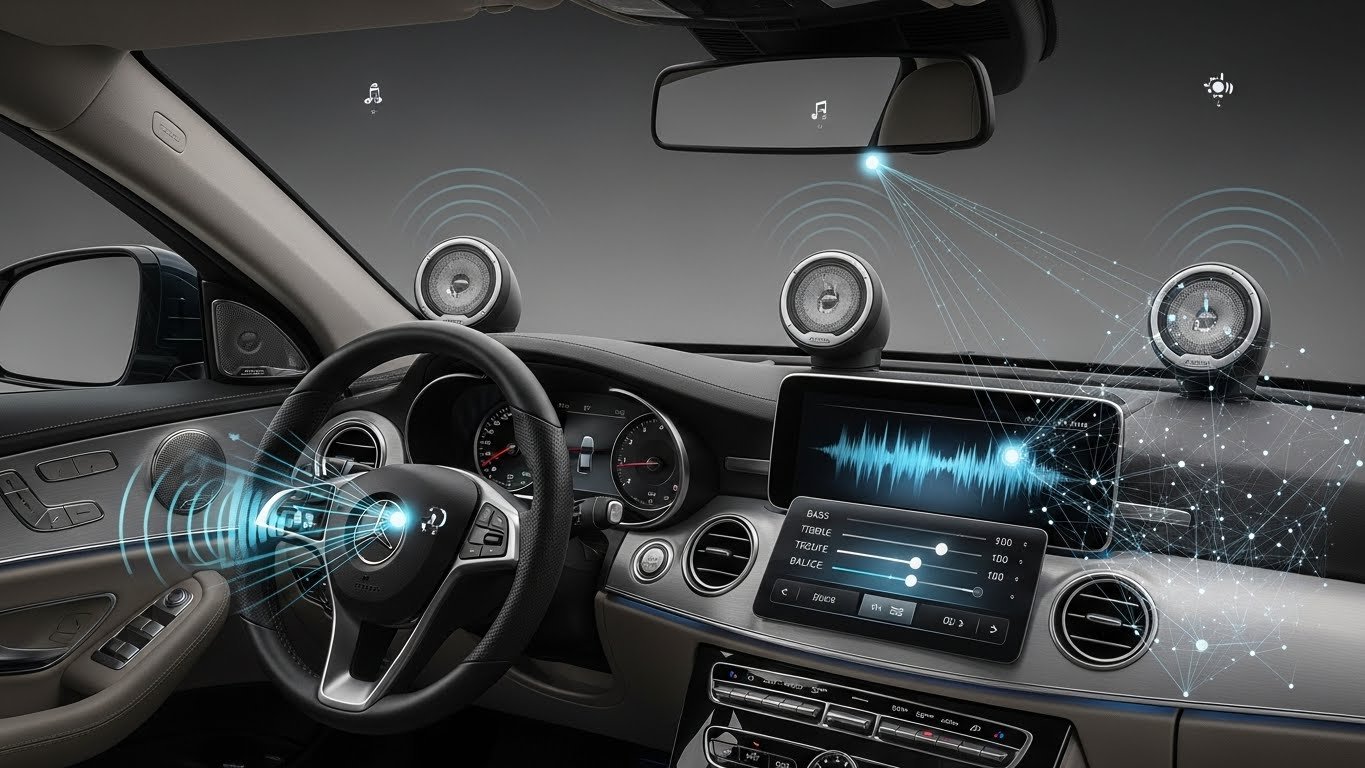
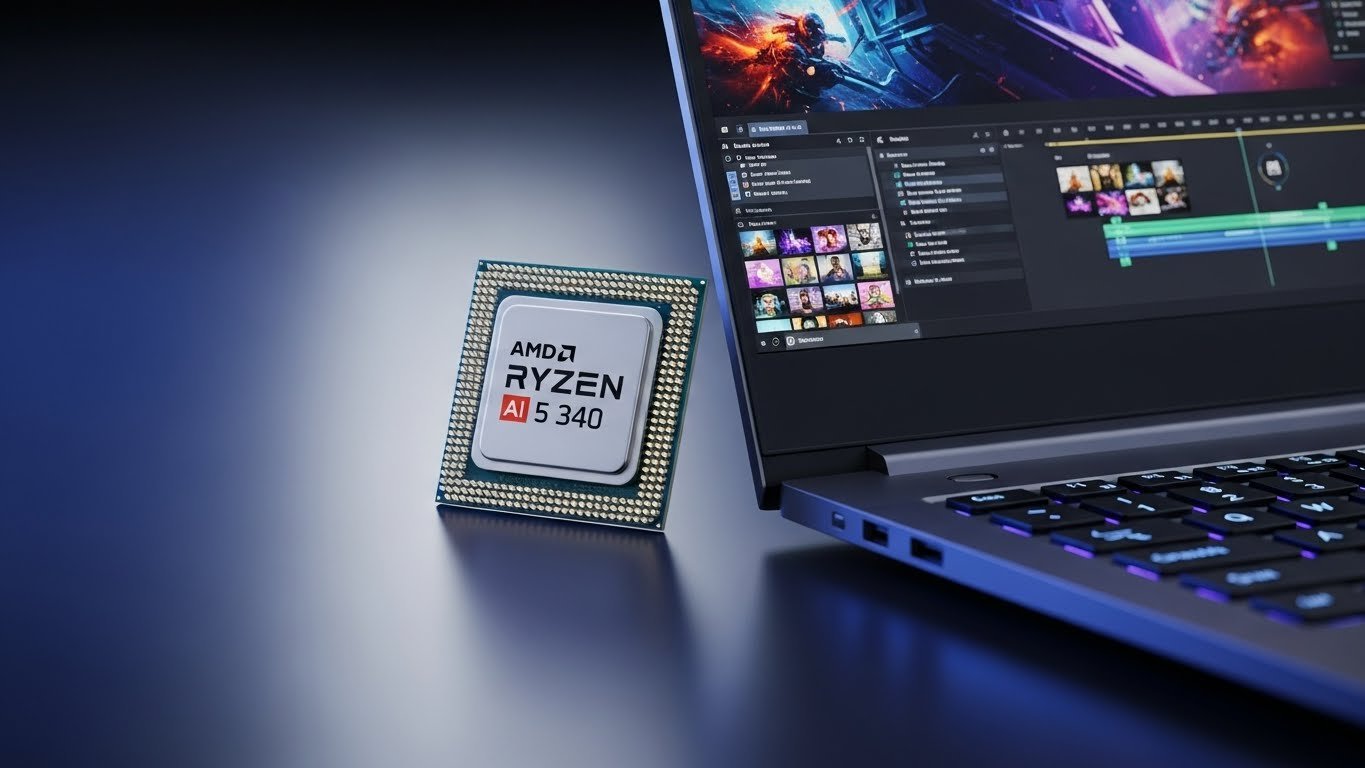
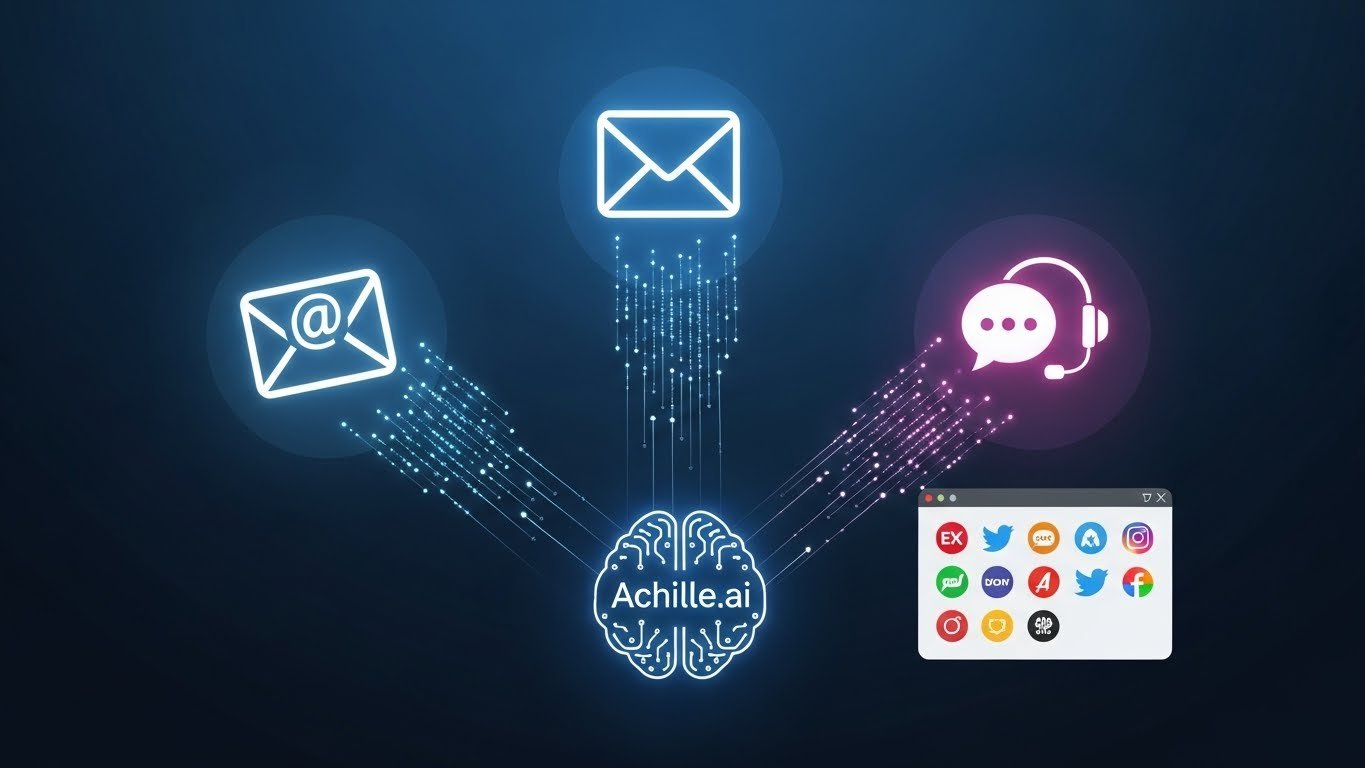


Leave a Reply